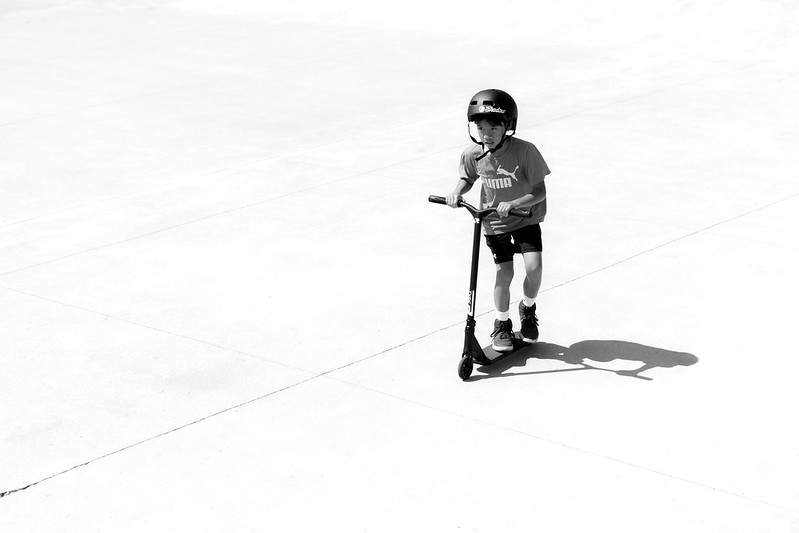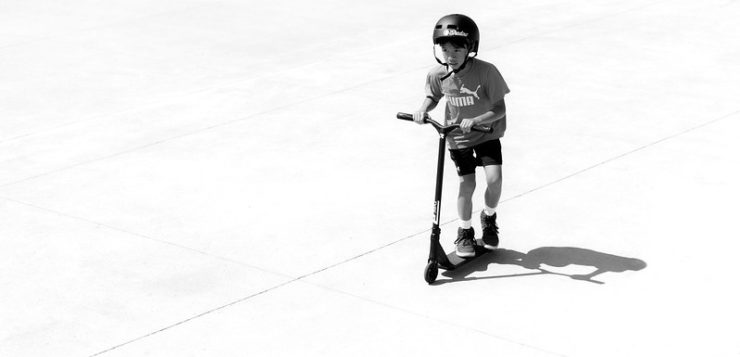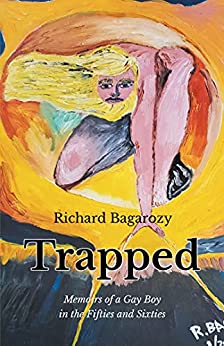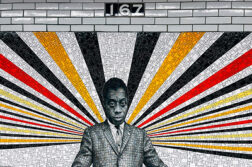
I recall my early boyhood, prior to its untimely obliteration, as being a happy one. Before age twelve, I didn’t notice any difference between myself and my male friends. We played tag, imagined ourselves being captured by Indians or aliens from another planet, struggled through school together, loved our respective families, dreamed about what we would be when we grew up, and, I imagined, experienced and appreciated each other’s boyhood beauty with the same perspective.
I remember loving my mother beyond measure and felt a keen happiness from that alone. In seventh grade at boarding school, I fell hopelessly in love with a male classmate who became my best friend. He and I studied together; played all kinds of games such as tag, handball, punch-ball, and soccer; shared our secrets with each other; I couldn’t take my eyes off him as we showered naked in the dorm showers each night before retiring, especially as he was gifted with striking callipygian attributes. For me that was my first pure encounter with unmatched beauty as well as with that unique nature of love.
As a twelve-year-old, prior to the upheaval by way of my homosexual insight, I only imagined that all boys felt as I did when I experienced the intense and almost unsettling vision of male beauty, when I fell in love with my classmate, when I discovered the delight of naked male magazines (Trim, Fizeek, and Grecian’s Guild), and when I initiated a sexual experience with a fourteen-year-old male cousin – an experience which until that time was unthinkable to me and which turned out to be awesome beyond description.
However, right at the zenith of my escalating happiness and ever-evolving awareness, I was simultaneously teetering on the brink of a disaster that was unimaginable. I was on the verge of coming face to face with knowledge of the ultimate taboo, homosexuality, and simultaneously becoming predisposed to the immutable world view that homosexuality was the epitome of reprehensible depravity. Not too long after that, I was completely blindsided by the frightening insight that I was a prime specimen of that loathsome degeneracy. Then, over time, my happiness and self-worth were decimated by the corrosive and denigrating judgment of a hostile society.
That perception at age twelve plunged me into an abyss of loneliness, shame, and fear, and it critically damaged my capacity to develop meaningful relationships with friends, peers, and family because I feared blowing my cover above anything else. I was adrift, trapped and without a roadmap, and I was compelled to navigate these unexpected, frightening perils alone as nothing more than an ill-equipped, unprepared, and wounded child.
Then, as a sixteen-year-old, in the midst of this veritable whirlwind, I was sexually molested by a man who was about 25. That single incident alone caused me harmful distortions that even today I strain myself to understand and ameliorate, even though at the time I viewed the experience as an incomparable, exciting adventure.
***
Anything a parent can do to get ahead of the curve and be in a position to ascertain their child’s same-gender orientation prior to the child stumbling upon it would enable that parent to usher their child into the child’s orientation safely, with love, self-respect, pride, and with a confident assurance for them that they are special, wanted, and loved exactly as they are.
The parent’s need to be supportive and ever available as their child reaches out to self-disclose to other family members, friends, and peers is absolutely irreplaceable because prejudice is ever lurking and ready to pounce at a moment’s notice. With such valuable support, a gay child will be equipped to enter society both with self-assurance and as an open, loving, and empathetic human being.
***
Richard Bagarozy discloses his story openly in his memoir, Trapped: Memoirs of a Gay Boy in the Fifties and Sixties, first in support of other gay human beings who have experienced significant suffering in their lives as a result of the scourge of prejudice, but primarily to give a bird’s-eye view to receptive heterosexuals who are open to trying to understand and empathize with the plight that a gay child may be experiencing. One day, he hopes open-minded heterosexual readers of his book may find themselves in a position to spare a struggling gay child from the unrelenting self-loathing he found himself unable to detach from and afford them wisdom, comfort, love, and perhaps even a deserved sense of self worth.







